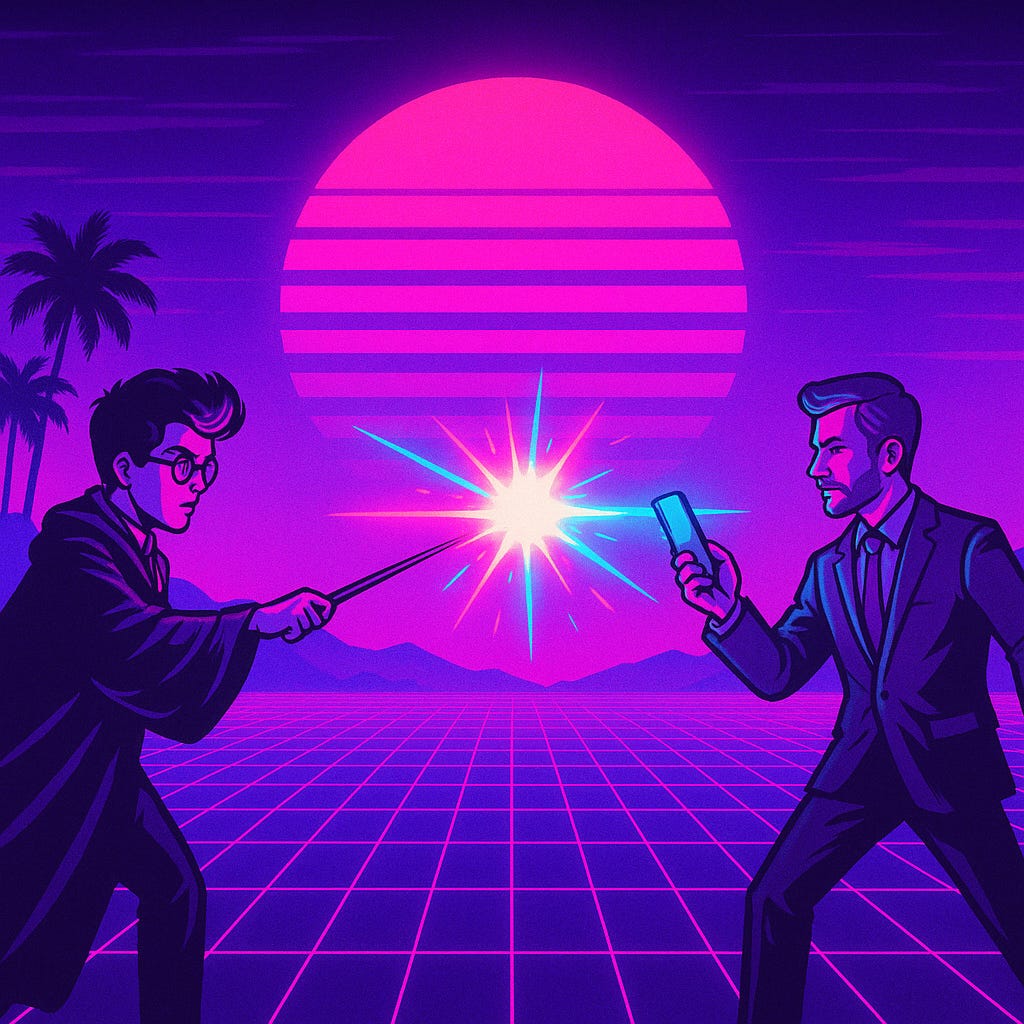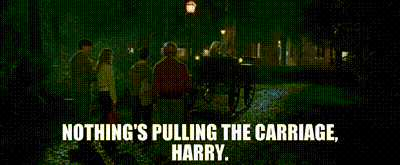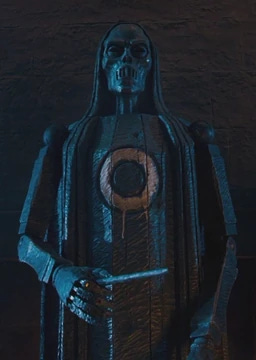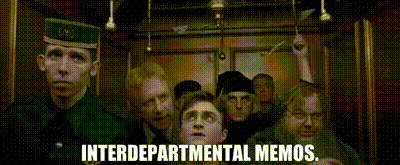Harry Potter and the three-year strategy
How the magical quickly becomes the mundane.
In 1968, science fiction writer Arthur C Clarke wrote that:
‘Any sufficiently advanced technology is indistinguishable from magic.’
Clarke, the author of 2001: A Space Odyssey, was looking at the likelihood of interstellar travel and postulating that it would one day be ‘a rather simple engineering accomplishment’. The only question then, is how long will it take for technology to transform what seems magical into an everyday occurrence?
As I worked this week on a three-year strategy to meet evolving customer needs, my answer was: ‘Couple weeks?’
It’s not unusual for businesses to develop three year strategies. I’ve worked on them before. But this is the first time where predicting what will be possible in three years feels truly absurd.
For a sense of the timeline here, ChatGPT is about to celebrate its third birthday. In some ways, the powers it has unlocked seem magical: web apps built in days instead of months, conversational agents who can actually solve problems, turbocharging my Excel skills.
On the other, ChatGPT and pals have led to a mountain of AI-generated slop, where the volume of AI-generated articles being published online has overtaken human-generated content, very little of it valuable.
This seems to confirm Clarke’s theory. We have this powerful new tool and for a few days it seems like magic. Then it becomes everyday, and very quickly becomes mundane.
This hit me particularly hard this Autumn/Fall as I, like so many others, have been re-watching the Harry Potter films.
The seven books in the series were published between 1997 and 2007. The films were released between 2001 and 2011.
What’s striking, watching them back, is that they already feel like period pieces. Huge plot points pivot around an inability to contact each other or look stuff up. The spells that provide magical solutions to problems are performed by many of us multiple times a day without us looking up from our screens.
Here’s just a few of the magical enchantments which, in the 25 years since Harry first boarded the Hogwarts Express, have now become ‘sufficiently advanced technology’.
The Howler: A talking envelope that delivers messages. Now known as ‘voice notes’
The face in the fire: The miraculous ability to see the person you’re speaking to. I have eight of these exchanges via Teams every day at work.
Lumos: Instant light, any time you need it. You can actually say ‘lumos’ to Siri on your iPhone and experience this magic.
The Marauder’s Map: An enchanted parchment that shows you where everyone is. We recently used ‘Find My’ on holiday to make it easier to find each other.
The Library: This one isn’t even magic, but Harry and co spend days in the library when they don’t know who Nicolas Flamel is. LMGTFY.
Self-driving carriages: The self-driving cars of the wizarding world, increasingly widespread in the muggle realm (although this one, I think, still seems like magic).
Room of requirement: A room that appears out of nowhere and provides you with a safe space to practice skills. VR, anyone?
Interdepartmental memos: One of the under-appreciated aspects of the franchise, in my opinion, is how the wizarding bureacracy contorts itself to ignore the fact it’s been taken over by an evil tyrant. While that could never happen in real life, the flying interdepartmental memo has of course been superseded by the email.
🎯 Factoring this into your three-year strategy
So if Clarke was predicting that magic would become reality in centuries, Harry’s spells became everyday in two decades, and ChatGPT is already mundane: what next for your three-year strategy?
In my case, I’ve got a clear north star: behavior change for users, and measurable results for clients.
And seven areas of focus with a caveat against each: measure what works and be ready to pivot.
Just now that looks like in-course concierges that can have a conversation with users where they need extra help; AI roleplays that offer simulated skills practice; automated coach de-brief for contextualized feedback; and evaluation of text responses to encourage self-reflection and offer advice.
Three years ago, those would have seemed like magic. Three years from now, they’re likely to be expected. In the meantime, it’s fun figuring this stuff out.
What’s your prediction? How will you help your people build skills when the world around them is changing so rapidly? Let us know in the comments or drop us an email at custom@mindtools.com.
🎧 On the podcast
In his book Targeting Turnover, Dick Finnegan argues that, as the global population ages and more people enter retirement, it’s imperative for organizations to retain the talent they already have.
In this week’s episode of The Mindtools L&D Podcast, Dick joins Claire and Cammy to discuss:
Why turnover is a problem for businesses
The strategies organizations can deploy to reduce turnover
The impact this might have on the L&D industry.
Check out the episode below. 👇
You can subscribe to the podcast on iTunes, Spotify or the podcast page of our website. Want to share your thoughts? Get in touch @RossDickieMT, @RossGarnerMT or #MindToolsPodcast
👋 And finally…
My liberal use of Harry Potter gifs has maxed out the length of this newsletter, so no ‘Deep Dive’ or ‘Missing Links’ this week. Instead, I’ll leave you with something you can wave your wand to. Enjoy!
👍 Thanks!
Thanks for reading The L&D Dispatch from Mind Tools! If you’d like to speak to us, work with us, or make a suggestion, you can email custom@mindtools.com.
Or just hit reply to this email!
Hey here’s a thing! If you’ve reached all the way to the end of this newsletter, then you must really love it!
Why not share that love by hitting the button below, or just forward it to a friend?











